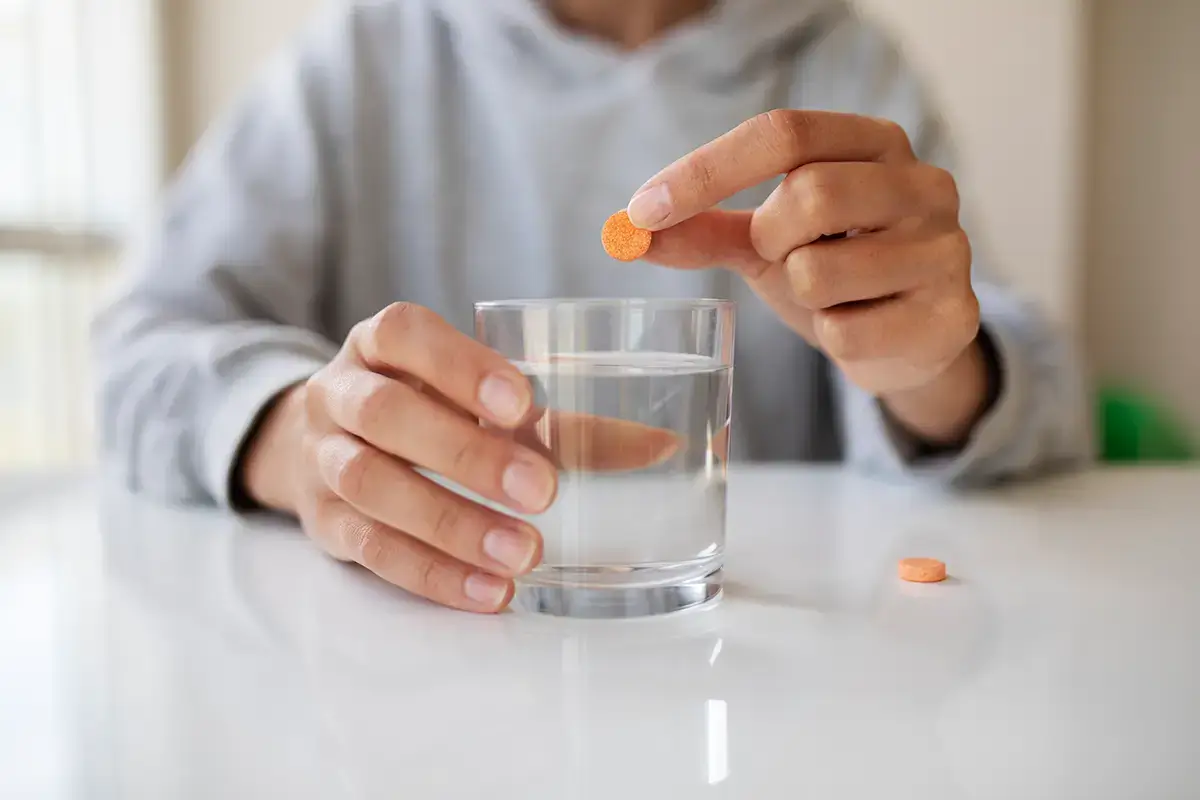Vitamin E: How to Ensure the Ideal Amount for Your Health
Vitamin E is a vital nutrient known for its antioxidant properties and its crucial role in protecting the body’s cells from damage. Internationally recognized for its health benefits, this fat-soluble vitamin is essential for maintaining healthy skin, proper immune function, and protection against chronic diseases. Vitamin E can be found in various foods and supplements, and its importance for overall health has been extensively studied and documented by reputable health organizations, such as the World Health Organization (WHO) and the Ministry of Health.
Vitamin E deficiency is relatively rare in developed countries but can occur in individuals with specific medical conditions or inadequate diets. Recently, there has been growing interest in understanding not only the benefits of vitamin E but also the best ways to ensure adequate intake. This article explores the proven benefits of vitamin E, its dietary sources, and how to ensure sufficient intake of this essential nutrient.
Benefits of Vitamin E
Vitamin E is widely known for its antioxidant properties, which help neutralize free radicals in the body. According to the World Health Organization (WHO), this antioxidant capability is crucial for the prevention of chronic and degenerative diseases. Studies show that vitamin E can reduce the risk of cardiovascular diseases and improve skin health. According to research published in the American Journal of Clinical Nutrition in 2023, vitamin E can reduce the risk of heart disease by up to 30% when consumed in adequate amounts.
In addition to its psychological benefits, vitamin E plays an important role in immune function. It helps maintain the integrity of cell membranes and supports the body’s immune response, making it essential for protection against infections. A study published in the Journal of Nutrition in 2022 showed that vitamin E can enhance the immune system’s ability to fight pathogens, particularly in the elderly.
Dietary Sources of Vitamin E
Vitamin E can be found in a variety of foods, primarily in vegetable oils, nuts, and seeds. Rich sources include wheat germ oil, sunflower oil, almonds, and spinach. Consuming foods rich in vitamin E is the best way to ensure adequate intake of this nutrient. The recommended daily intake of vitamin E for adults is 15 mg per day, according to the U.S. Institute of Medicine. In many cases, a balanced diet can provide the necessary amount of vitamin E without the need for supplementation.
Supplementation and Recommendations
Although vitamin E is widely available in foods, supplementation may be necessary for some individuals, especially those with conditions that affect fat absorption, such as cystic fibrosis or Crohn’s disease. However, it is important to avoid excessive doses of supplements, as too much vitamin E can cause adverse effects, such as bleeding problems. The maximum recommended dose of vitamin E for adults is 1000 mg per day, according to the Ministry of Health.
Impact on Skin Health
Vitamin E is often associated with skin health due to its antioxidant properties and its ability to neutralize free radicals. It helps protect the skin from damage caused by UV rays and pollution and is commonly included in skincare products. Studies have shown that topical application of vitamin E can reduce signs of aging and promote healthier skin. Research published in the Journal of Dermatological Science in 2021 highlighted that vitamin E can improve skin hydration and elasticity.
Adverse Effects and Considerations
While vitamin E is essential for health, excessive use of supplements can lead to adverse effects. High doses may interfere with blood clotting and increase the risk of bleeding. It is crucial to follow recommended dosage guidelines and consult a healthcare professional before starting any supplementation regimen. Additionally, individuals with pre-existing medical conditions should exercise extra caution when considering vitamin E supplementation.
Conclusion
Vitamin E is an essential nutrient with a range of health benefits, from protecting against chronic diseases to maintaining skin health. Ensuring adequate intake of vitamin E through a balanced diet is generally the best approach, but supplementation may be necessary in specific cases. Following intake recommendations and consulting healthcare professionals can help maximize the benefits of vitamin E while minimizing the risks associated with excessive use.
Sources Consulted
- World Health Organization (WHO). “Nutrients and Health.”
- Ministry of Health. “Vitamin E and Supplementation.”
- American Journal of Clinical Nutrition. “Vitamin E and Heart Disease,” 2023.














